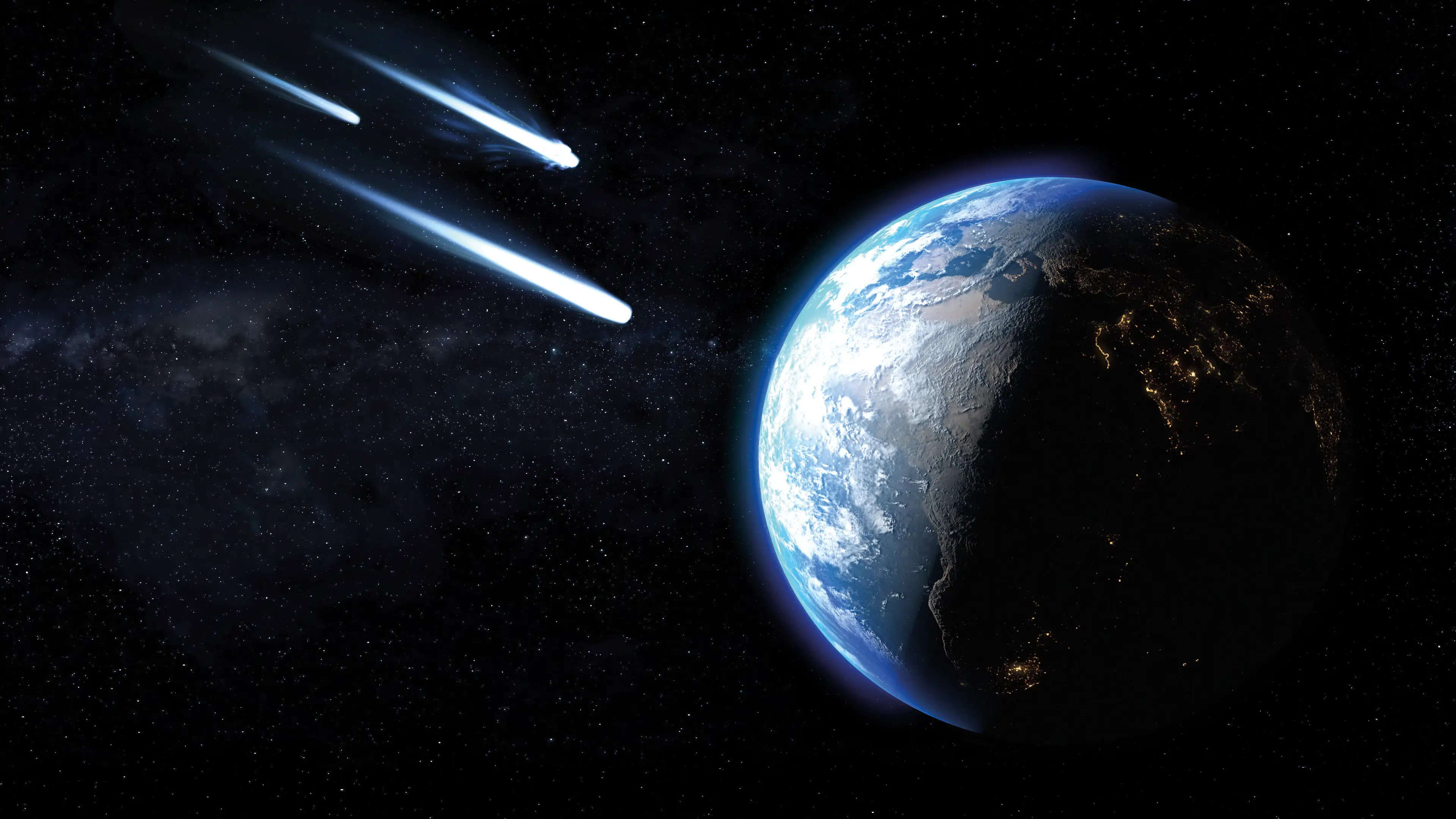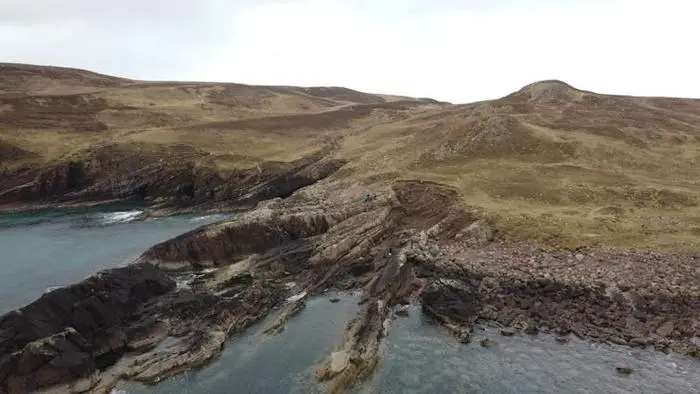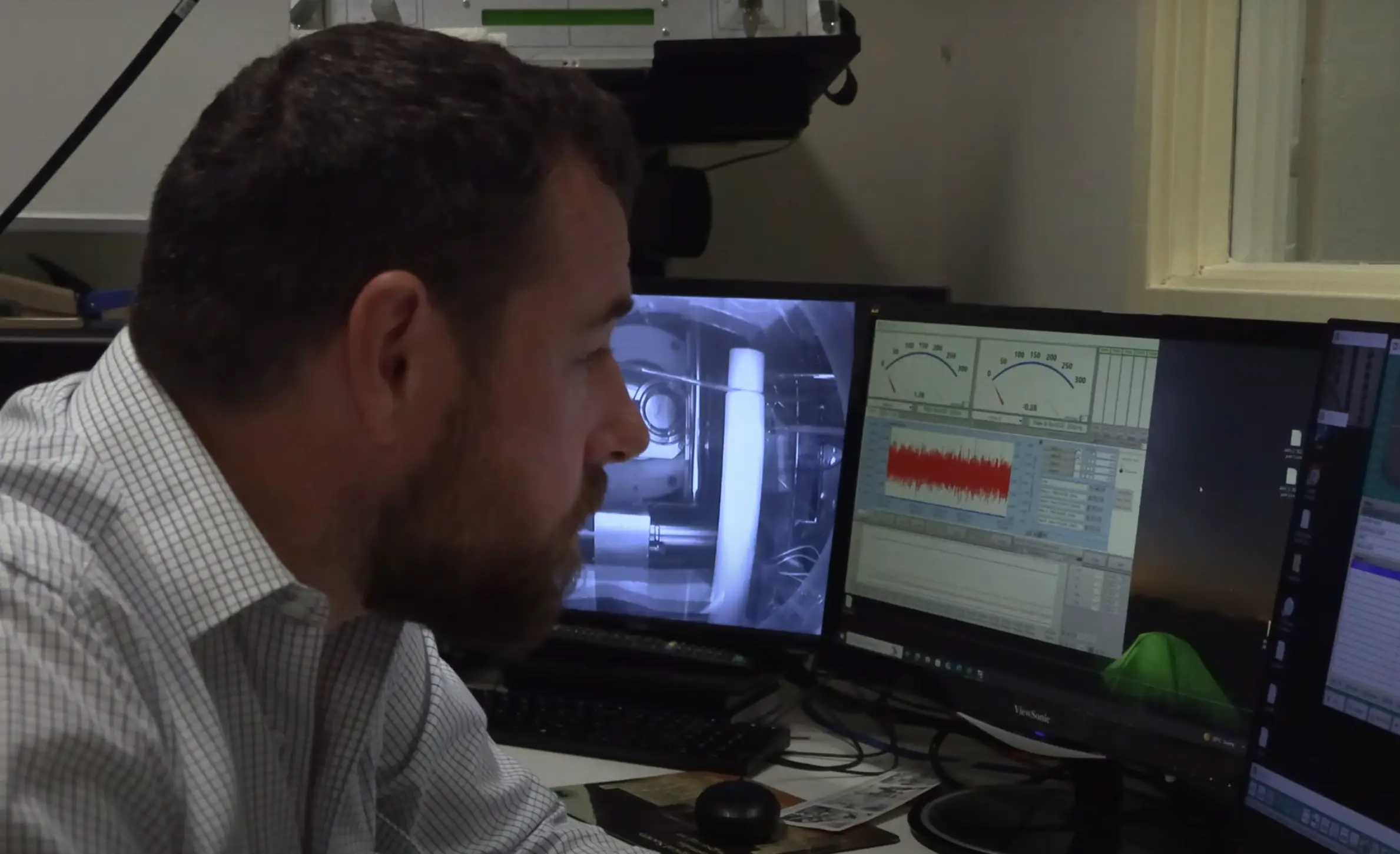
In a recent groundbreaking discovery, scientists have identified evidence of a meteorite impact in north-west Scotland that dates back 1 billion years.
The space rock is considered the oldest known meteorite strike in the United Kingdom and one of the oldest recorded on Earth.
These new findings have prompted many researchers to revise parts of the geological history of the British Isles.
The evidence was uncovered by geologists studying rocks from the Stac Fada Member of the Stoer Group, located in the remote parts of the Highlands.
Advert

These rocks were long suspected to be linked to an ancient impact, but until now, solid confirmation had been missing.
Unmistakable signs of a catastrophic impact
Professor Kirkland, the lead author from Curtin’s Frontier Institute for Geoscience Solutions within the School of Earth and Planetary Sciences, said “When a meteorite hits, it partially resets the atomic clocks inside the zircon crystals and these ‘broken timepieces’ are often unable to be dated but we developed a model to reconstruct when the disturbance occurred, confirming the impact at 990 million years ago.”

Before the discovery, it was previously believed that the impact occurred 1.2 billion years ago.
But the new research used tiny zircon crystals as geological time capsules to get a better understanding of when the impact occurred, which they have now placed at 990 million years ago.
Scotland's geological timeline revised
The impact crater itself has not yet been found, however, many scientists believe it may lie under the Minch, the strait that separates mainland Scotland from the Outer Hebrides.
Estimates suggest the crater could be between 15 and 20 kilometres in diameter. Given the age of the rocks and the tectonic changes that have occurred since the impact, locating the original site might prove to be challenging.
Despite the missing crater, the fallout from the strike was preserved in the Stac Fada deposits.
Dr Kirkland stated “While the impact crater itself has yet to be found, this study has collected further clues that could finally reveal its location.
"Understanding when meteorite impacts occurred helps us explore their potential influence on Earth’s environment and the expansion of life beyond the oceans,” he went on to say. “The revised dating suggests these life forms in Scotland appeared at a similar time to a meteorite impact.
"This raises fascinating questions about whether large impacts may have influenced environmental conditions in ways that affected early ecosystems."
The 1 billion-year-old meteorite strike significantly predates the more famous Chicxulub impact that killed the dinosaurs, which itself was around 600 million years ago.
While not as globally catastrophic, the Scottish event is significant in helping scientists understand how Earth evolved in its early years, making it a vital piece of research to help us fully understand our planet's history.
